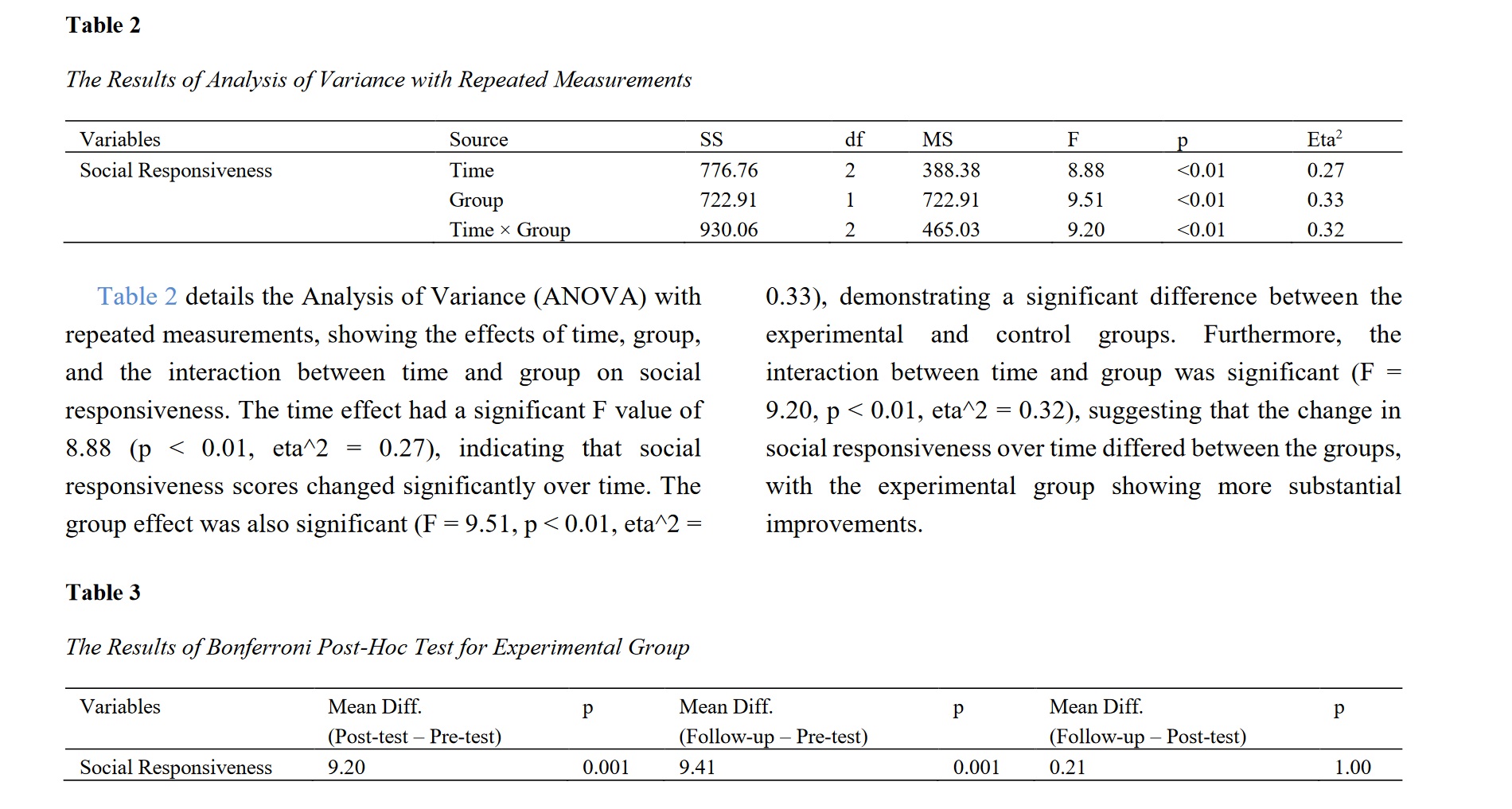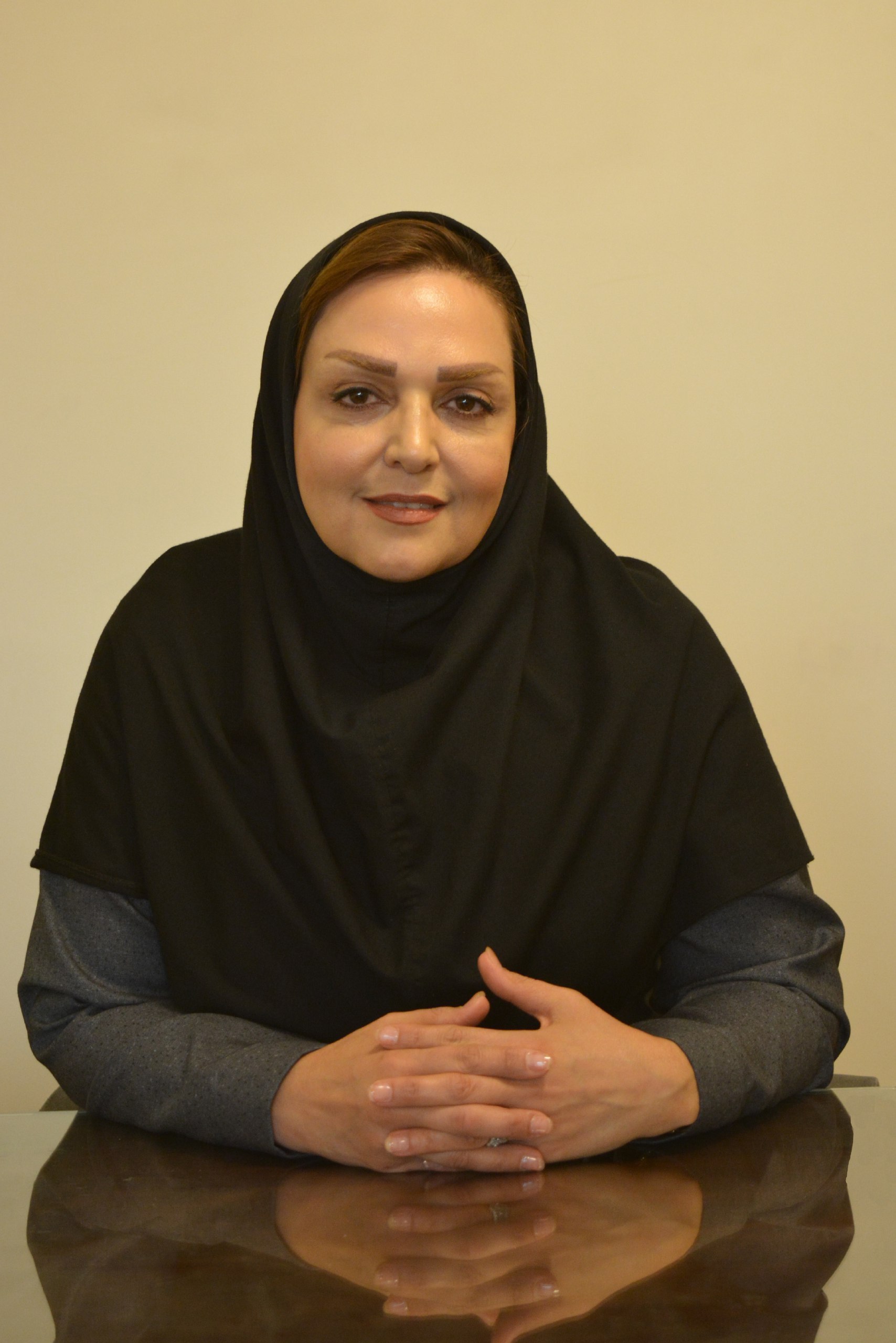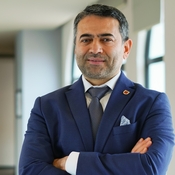Enhancing Social Responsiveness in Autism: The Impact of Art Therapy
Abstract
This study aimed to evaluate the effectiveness of art therapy in enhancing social responsiveness among individuals with autism spectrum disorder (ASD). Given the challenges faced by individuals with ASD in social interaction, communication, and repetitive behaviors, art therapy has been proposed as a promising therapeutic intervention to ameliorate these challenges. A randomized controlled trial (RCT) design was employed, involving 40 participants with ASD, aged between 8 and 16 years. Participants were randomly assigned to either an experimental group that received a structured art therapy program or a control group that received no intervention. The art therapy program consisted of 10 sessions, each lasting 75 minutes, designed to encourage social interaction, emotional expression, and the development of social skills. The Social Responsiveness Scale, Second Edition (SRS-2), was administered at baseline, immediately post-intervention, and at a three-month follow-up to assess changes in social responsiveness. Analysis of variance (ANOVA) with repeated measurements indicated a significant improvement in social responsiveness scores for the experimental group compared to the control group (p < 0.01). The Bonferroni post-hoc test revealed significant improvements in social responsiveness from baseline to post-test and follow-up in the experimental group, with no significant difference observed between post-test and follow-up scores, indicating the sustainability of the intervention's effects. The findings suggest that art therapy is an effective intervention for enhancing social responsiveness among individuals with ASD. The structured art therapy program provided a beneficial impact on participants' social skills and behaviors, with improvements sustained over the three-month follow-up period. This study contributes to the evidence base supporting the use of art therapy in therapeutic interventions for individuals with ASD, highlighting its potential to improve social interaction and communication skills.
Downloads

Downloads
Additional Files
Published
Issue
Section
Categories
License
Copyright (c) 2024 Cheng Yao (Author); Hu Jun (Corresponding Author); Guang-Song Dai (Author)

This work is licensed under a Creative Commons Attribution-NonCommercial 4.0 International License.

















